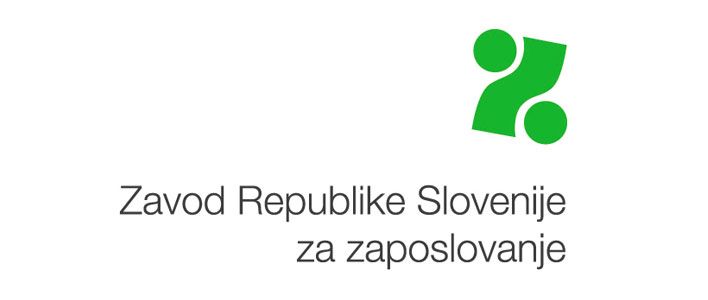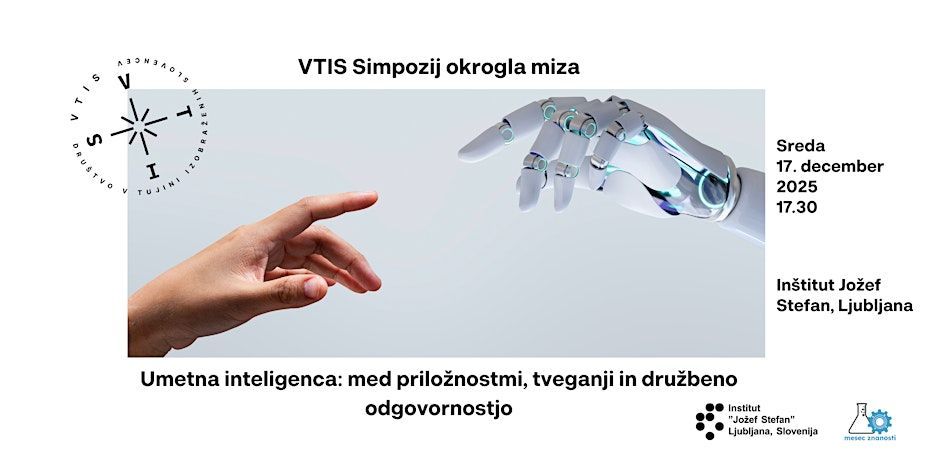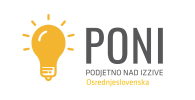Welcome to our Information Day:
Higher Vocational School Ljubljana
Higher education is the pinnacle of vocational education and is therefore very practical. Graduates thus have a good understanding of their profession, but on the other hand they have bigger range, flexibility, initiative and professionalism than technicians. Our economy needs such operational professionals, as confirmed by data on the employability of graduates of vocational training colleges.
Educational programmes:
Nagovor ravnateljice Mirjam Založnik:
After the Information Day:
Dear future students!
Thank you for taking an interest in our study programmes. Both of our programmes are very promising and interesting. We sincerely hope that you were able to experience and see this at our presentations.
You are invited to apply on the basis of the Admission Call for Higher Professional Education, within the following deadlines:
- 1st call for applications is from 20th February to 17th March 2023,
- 2nd call for applications is from 25th August to 31st August 2023.
You can apply using the e-Application Form on the website of the Higher Education Application Service: www.vss-ce.com/vps
You can send the completed and signed application form by registered post or hand it in at the following address:
Višješolska prijavna služba,
Šolski center Celje,
Pot na Lavo 22,
3000 Celje
You can send a scan of the document to:
vps@sc-celje.si







